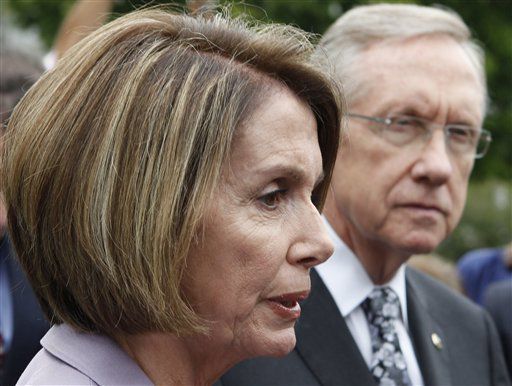Colorado lawmakers should nurture the electric vehicle market, not punish it

Widespread adoption of electric vehicles (EVs) will bring tremendous benefits to Colorado. They help our air quality, are good for consumers, and are good for the economy as a whole.
EVs improve our air quality. Vehicles are one of the two largest sources of air pollution, and a majority of Colorado residents live in areas of the Front Range that violate federal air quality standards. Dirty air is unhealthy for all of us, and it has a particularly negative impact on children, the elderly, and people suffering from asthma or lung disease. Electric vehicles have no emissions from the tailpipe and are so much more efficient than gas cars. A 2017 study for the Regional Air Quality Council found that EVs emit 99 percent less volatile organic compounds and 30 percent less nitrogen oxides than a new gas car today.
EVs bring real economic benefits to consumers. Fuel cost savings can approach $1,000 per year for every electric vehicle. If Colorado is able to achieve the goals set out in the state’s recently adopted EV plan, consumers will save over $500 million per year by 2030. Those consumer dollars will be reinvested in our communities, supporting local businesses and creating jobs.
But the economic benefits don’t just help EV drivers; getting more EVs on the road also will lower everyone’s electric bills. EVs help utilities make more efficient use of their existing power plants and grid infrastructure (which all of us have to pay for), thereby spreading out the costs more and reducing the share that each of us pay.
Here’s how that works. Utilities have to build their power plants for peak electrical use, which normally happens during the day – and all of us pay a portion of that infrastructure cost. But most EV drivers charge at night in preparation for the next morning’s drive, and night is when other electrical demands are low and power plants have excess capacity. So by charging their cars at night, EV drivers help utilities pay down their fixed costs. A study by a national consulting firm found that every EV on the road drives down the total electricity costs paid by other customers by $650 – and by 2030, ratepayers could be saving $70 million per year! The same study found that high levels of EV adoption would lead to total net economic benefits across Colorado of $43 billion by 2050.
Despite all of these benefits, the state Senate recently voted in a party line vote to end the state electric vehicle tax credits (the House rejected this bill). Others have called for new fees on EVs, based on the argument that EV drivers don’t pay gas tax. But EV owners already pay an extra vehicle registration fee, that is designed to pay the same amount into the highway fund as a gasoline vehicle that is as efficient as an EV would pay. It doesn’t make sense to add even more fees at a time when EVs still make up a very small part of the market.
If we want to achieve all the benefits that EVs bring, we need to get a lot more on the road. Because Colorado has supported EVs with a tax credit and state investment in charging stations, the EV market here is one of the best in the country, with the sixth-highest market share of any state in 2017. Sales are growing by over 50 percent per year.
Still, we remain in the very early days in the market, with EVs making up about 2 percent of new vehicles sold in the state. By 2025, the entire market will have changed. Over a hundred new models, including many SUVs and pickups, will be available. EV batteries will drop in price by half. The cost of EVs will be competitive with gasoline cars. At that point we can phase out the tax credits that are helping this nascent market grow, and can increase the fees that EV drivers pay. But until then, let’s continue to support electric vehicles and the enormous benefits they can bring to our economy and air quality.














